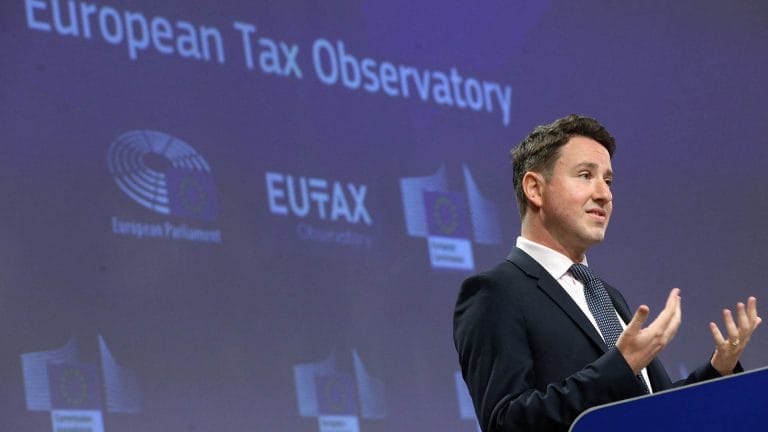🎧 Listen to This Article
On June 12, 2025, the French Senate rejected a controversial proposal to impose a 2% minimum annual wealth tax on individuals with assets exceeding €100 million. Nicknamed the “Zucman Tax” after economist Gabriel Zucman, the proposal aimed to address tax fairness by targeting ultra-wealthy households who, despite immense wealth, often pay significantly less in taxes due to sophisticated tax planning.
Although the proposal passed in the National Assembly, its Senate defeat, with 188 votes against and 129 in favor—halted its legislative journey for now. Still, the tax has ignited a broader debate around global wealth taxation, tax avoidance structures, and the limitations of unilateral tax policy.
Anatomy of the Zucman Tax Proposal
The original plan proposed a 2% minimum annual tax on net assets exceeding €100 million, potentially impacting 1,800 households and raising an estimated €20 billion annually. Critics quickly labeled it politically charged, but economists argued that the proposal was modest when compared to the average returns on billionaire portfolios (estimated at 7% annually).
Economist Anne-Laure Delatte explained that most billionaire wealth is held in highly liquid equity—shares in their own companies—which makes valuation and taxation relatively straightforward. “These assets can be liquidated in two minutes,” she said, contrasting them with illiquid assets like factories or real estate.
Tax Planning vs. Tax Fairness
One of the central themes driving support for the Zucman Tax was systemic inequality in effective tax rates:
- Ordinary citizens often pay up to 50% of their income in taxes.
- Ultra-wealthy individuals pay an average of just 27%, often through legal means such as holding companies, capital gains deferral, and asset-based living structures.
Public Accounts Minister Amelie de Montchalin criticized these mechanisms: “It doesn’t make sense for households with tens of millions of euros to use holding companies to fund their lifestyles tax-free.”
However, the version debated in the Senate was already watered down—a 0.5% rate and exemptions for business assets, effectively shielding the wealth components of individuals like LVMH’s Bernard Arnault.
The Political Reality: Resistance & Global Coordination
While left-wing parties and NGOs (Attac, Oxfam, 350.org) rallied in favor, center-right senators argued the tax lacked a strong empirical foundation. Senator Emmanuel Capus questioned whether the ultra-wealthy actually paid less in total tax burden once capital gains and estate taxes were considered.
More fundamentally, French President Emmanuel Macron has only conditionally supported such proposals, favoring global coordination through forums like the G20. Without international backing, national-level wealth taxes face challenges including capital flight, relocation of tax residency, and valuation disputes.
What Comes Next?
Though rejected for now, the Zucman Tax is far from dead. Supporters have already announced plans to revisit the proposal during the 2026 budget discussions later this year. Meanwhile, its legacy continues to shape international discourse around wealth inequality, taxation, and the future of cross-border tax collaboration.
For tax professionals and multinational advisors, the debate is a clear signal: high-net-worth individuals are increasingly in the regulatory spotlight, and the line between legal tax planning and perceived tax avoidance is tightening under public pressure.
For further details, clarification, contributions, or any concerns regarding this article, please get in touch with us at editorial@tax.news. We value your feedback and are committed to providing accurate and timely information. Please note that our privacy policy will handle all inquiries.



